news
Making of Ooni Ogunwusi: The Facts!


By Wale Olaleye
Some folks had challenged me earlier today to put out my facts as far as the emergence of the Ooni of Ife, Oba Adeyeye Enitan Ogunwusi, Ojaja II is concerned and I’m doing just that now. From a few of the responses on the thread of my previous posts, it’s evident that the truth had been lost in the mix, either by design or default. But I’ll see to it now and set it straight.
In a concise form, I’d try as much as possible to reveal some of the untold stories of the emergence of the Ooni, with the hope that those, who had disagreed with me, would come out with their own facts, not necessarily agreeing with me.
I’d like to start by admitting that, Oba Ogunwusi as the 51st Ooni of Ife, was definitely ordained by God, and not any man, else enough efforts were made to frustrate his emergence. However, it was a destiny fulfilled through the instrumentality of certain individuals, but certainly not the Ifa Eko or Lion of Bourdilon as many delightfully believed.
For the record, Ile-Ife has four ruling houses, and I will list them with the respective predecessors to the current Oba. They are, Ooni Ademiluyi from the Lafogido rulling house; Ooni Aderemi, from Oshikola rulling House; Ooni Sijuade from the Ogboru rulling House and of course, the incumbent, Ooni Ogunwusi, from the Giesi rulling House.
Thus, following the passing of Ooni Okunade Sijuade, in July of 2015, Ile-Ife was literally thrown into a frenzy and turmoil, as the selection of a successor had elicited the interest of Lagos political leader, Asiwaju Bola Tinubu, who had an agenda to install his friend, Prince Dipo Eludoyin. But the prince was not interested and refused to be dragged into the tussle for the Obaship. In fact, he left for London, just to be out of sight.
Not satisfied, Tinubu went on to poach Prince Ayedun, a former commissioner in former Governor Rauf Aregbesola’s cabinet. That too was not to fly, because of the more intricate dimensions to the choice of the new Ooni, which would not ignore the standard process.
Mindful of the fact that the selection of the new Ooni was to come from the rotational system gazetted by the government of the late Chief Bola Ige in 1980, it would be nearly impossible to bypass the Giesi ruling house. That one factor, unfortunately, stood against all the machinations of Tinubu known to disrespect rules and process in everything.
With the Gazette, the Giesi rulling house was next to produce the new Ooni but Tinubu, as he is known to do with his other choices, wanted to politicise this renowned Yoruba tradition for his own political interests and gains. Whatever they were! But the Ife people resisted any such moves and his plot was subsequently exposed to former President Olusegun Obasanjo, who would naturally stand in opposition camp with Tinubu.
At this point, Obasanjo, a close friend to the leader of the Giesi rulling house, Professor Adeyemi Aderibigbe, a 95-year old former Deputy Minister of Defence to the then Defence Minister Ribadu (father of Nuhu Ribadu), took it up upon himself to salvage the Yoruba culture and tradition.
Having had a full knowledge of Tinubu’s moves to compromise the process, Obasanjo made a call to Aso Rock and told Professor Aderibigbe to go and report Tinubu’s efforts at truncating the traditional process of selecting the new Oba by its 16 Kingmakers to the president, Muhammadu Buhari. Of course, Baba Iyabo facilitated the appointment, even though the professor too has a rich network at the seat of power.
Incidentally, and perhaps, by providence, on the day Professor Aderibigbe got to the Villa, he was ushered into a waiting area and behold, Tinubu and Chief Bisi Akande were already seated, also waiting to meet with the president.
After about 10 minutes, President Buhari walked in and immediately elected to speak with the oldest man first, whom he knew from his previous cabinet as Head of State.
Typical of old men, who have nothing to lose, Professor Aderibigbe wasted no time to expose Tinubu’s plans in the presence of the President and Baba Akande and the President immediately turned to Asiwaju for response and reason for his involvement since this was an Osun matter and not Lagos State.
Obviously not expecting such an attack, Tinubu was clearly cornered and immediately backed down on his mission to install the new Ooni. The president’s intervention needed no further clarification.
Meanwhile, it is true that the Elegushi had earlier taken the Ooni to Tinubu before his eventual emergence, in the hope that he would buy into the idea, but Tinubu’s mind was already made up on the person he wanted as the new Ooni and that visit was just a formality. It was of no consequence. Oba Ogunwusi was the preferred choice, allegedly tipped for the throne even by the late Ooni.
Besides, Aregbesola too had been receiving calls from prominent people, who prevailed on him not to disrupt a process already known to tradition. He was said to have squealed to his leader, that there might be crisis in Ile-Ife if he altered the process and urged that things be left as they were, because he was on the ground as governor.
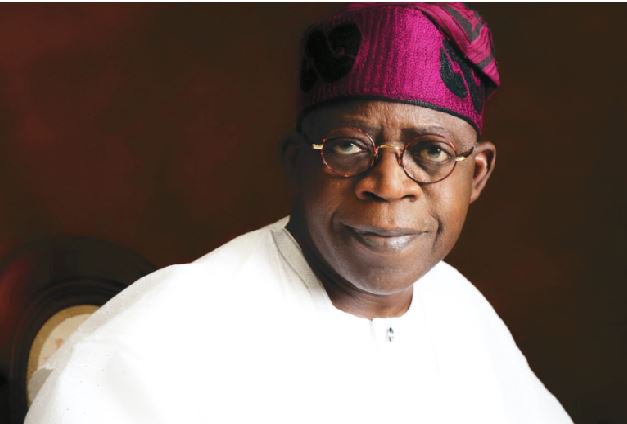
Of course, that’s Tinubu for you. When Hon. Abike Dabiri and others took Hon. Mulikat Adeola to him in 2011 as the choice candidate for speaker, House of Representatives, how did that visit change the fact that he later had a deal with the other side and conceded the slot of the South-west to the north for purely selfish reasons, even after he had given his word to Mulikat.
Therefore, for those who did not know what the facts are, stop the falsehood. Tinubu did not support the Ooni, let alone make him one. He has no stake whatsoever in his Obaship. Pure and simple!
Source: Igbimọ aṣojú Yoruba
news
Update : Tinubu approves 15% import duty on petrol, diesel, aimed to protect local refineries
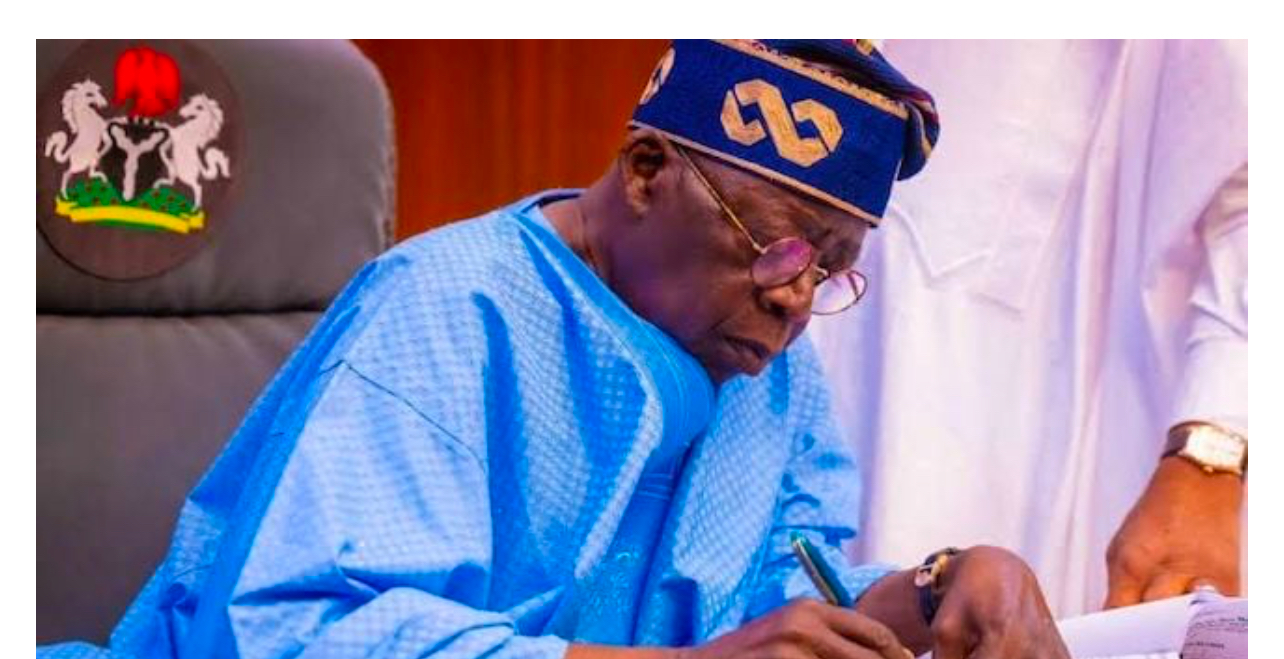
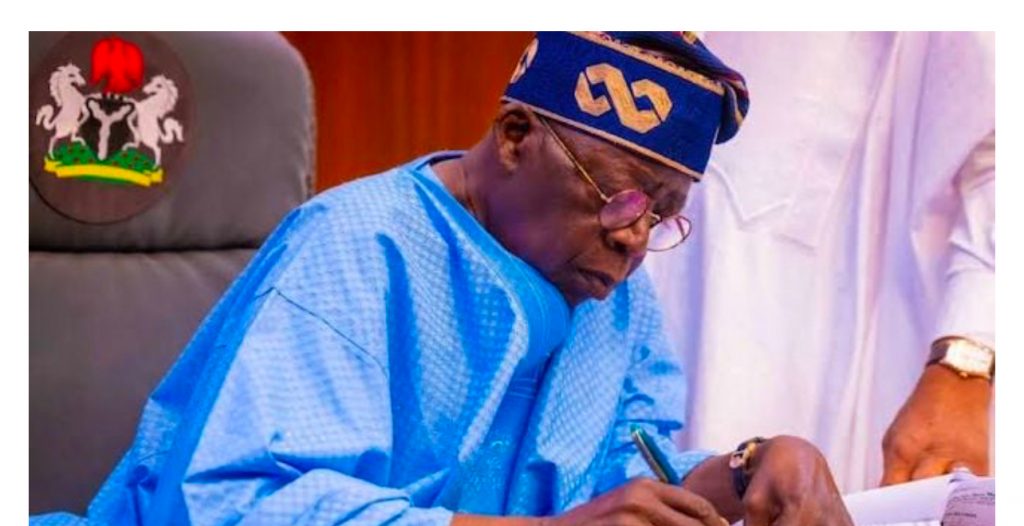
President Bola Tinubu has approved the introduction of a 15 per cent ad-valorem import duty on petrol and diesel imports into Nigeria.
The initiative is aimed at protecting local refineries and stabilising the downstream market, but it is likely to raise pump prices.
In a letter dated October 21, 2025, reported publicly on October 30, 2025, and addressed to the Federal Inland Revenue Service and the Nigerian Midstream and Downstream Petroleum Regulatory Authority, Tinubu directed immediate implementation of the tariff as part of what the government described as a “market-responsive import tariff framework.”
The letter, signed by his Private Secretary, Damilotun Aderemi, and obtained by our correspondent on Wednesday, conveyed the President’s approval following a proposal by the Executive Chairman of the FIRS, Zacch Adedeji.
The proposal sought the application of a 15 per cent duty on the cost, insurance and freight value of imported petrol and diesel to align import costs with domestic market realities.
Adedeji, in his memo to the President, explained that the measure was part of ongoing reforms to boost local refining, ensure price stability, and strengthen the naira-based oil economy in line with the administration’s Renewed Hope Agenda for energy security and fiscal sustainability.
“The core objective of this initiative is to operationalise crude transactions in local currency, strengthen local refining capacity, and ensure a stable, affordable supply of petroleum products across Nigeria,” Adedeji stated.
The FIRS boss also warned that the current misalignment between locally refined products and import parity pricing has created instability in the market.
“While domestic refining of petrol has begun to increase and diesel sufficiency has been achieved, price instability persists, partly due to the misalignment between local refiners and marketers,” he wrote.
He noted that import parity pricing- the benchmark for determining pump prices, often falls below cost recovery levels for local producers, particularly during foreign exchange and freight fluctuations, putting pressure on emerging domestic refineries.
Adedeji added that the government’s responsibility was now “twofold, to protect consumers and domestic producers from unfair pricing practices and collusion, while ensuring a level playing field for refiners to recover costs and attract investments.”
He argued that the new tariff framework would discourage duty-free fuel imports from undercutting domestic producers and foster a fair and competitive downstream environment.
According to projections contained in the letter, the 15 per cent import duty could increase the landing cost of petrol by an estimated N99.72 per litre.
“At current CIF levels, this represents an increment of approximately 99.72 per litre, which nudges imported landed costs toward local cost-recovery without choking supply or inflating consumer prices beyond sustainable thresholds. Even with this adjustment, estimated Lagos pump prices would remain in the range of N964.72 per litre ($0.62), still significantly below regional averages such as Senegal ($1.76 per litre), Cote d’Ivoire ($1.52 per litre), and Ghana ($1.37 per litre).”
The policy comes as Nigeria intensifies efforts to reduce dependence on imported petroleum products and ramp up domestic refining.
The 650,000 barrels-per-day Dangote Refinery in Lagos has commenced diesel and aviation fuel production, while modular refineries in Edo, Rivers and Imo states have started small-scale petrol refining.
However, despite these gains, petrol imports still account for up to 67 per cent of national demand.
news
JUST IN: Tinubu decorates Service Chiefs with new ranks
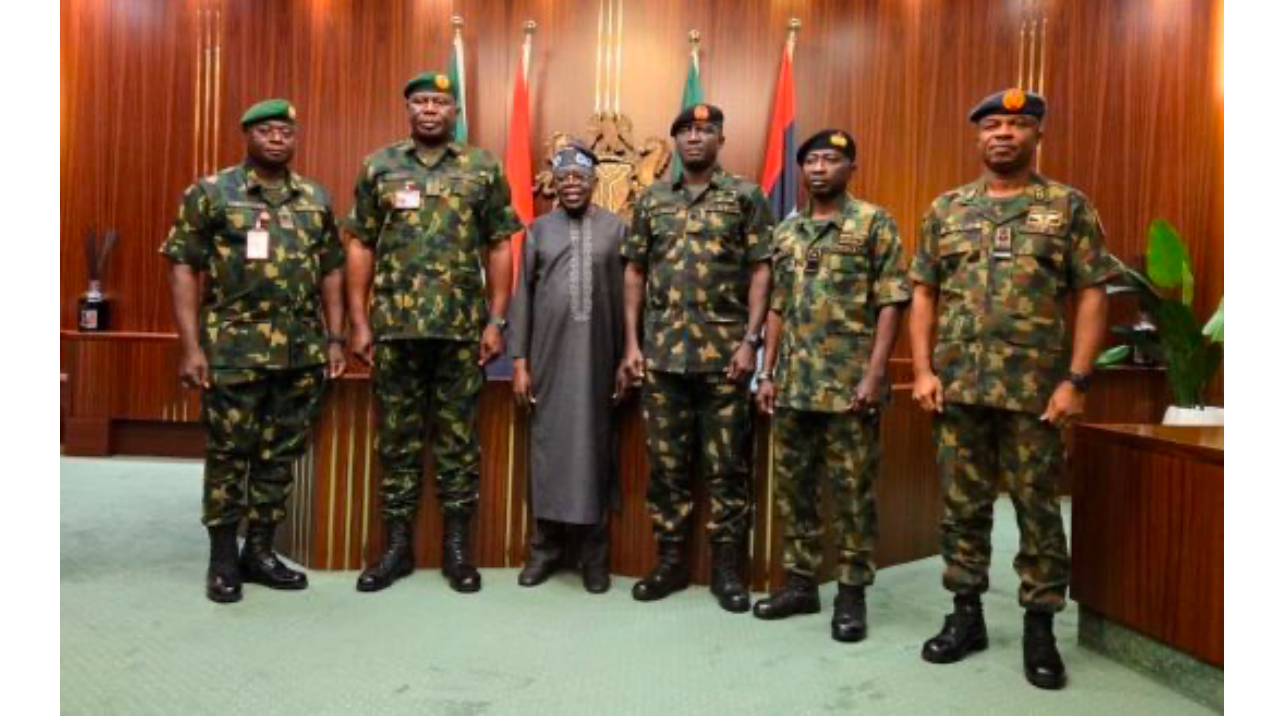
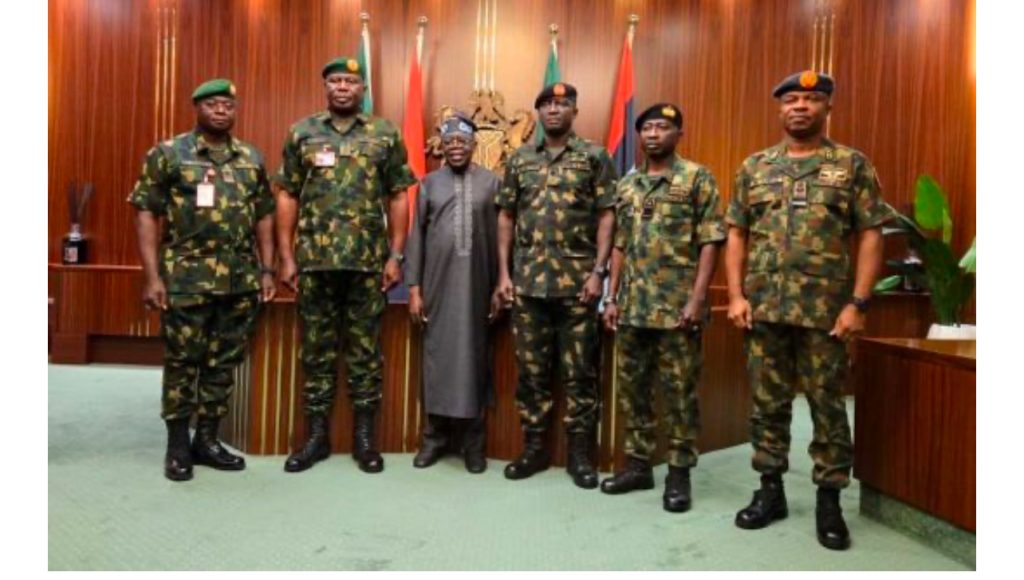
President Bola Ahmed Tinubu has decorated the new Service Chiefs with their new ranks in the military to suit their new positions.
The newly decorated handlers of the nation’s Armed Forces include Lieutenant General, now General Olufemi Olatubosun Oluyede, as Chief of Defence Staff; and Major General now Lieutenant General Emmanuel Undiendeye Undiendeye as Chief of Defence Intelligence (CDI).
Others are Major General, now Lieutenant General Waidi Shaibu as Chief of Army Staff (COAS); Air Vice Marshal, now Air Marshal Kevin Aneke as Chief of Air Staff;
Service chiefs pledge improved security, local arms production, technology use
Tinubu last Friday announced the replacement of the Service Chiefs, a move that has been attributed to the need to refocus and strengthen national security.
While commenting on his action, President Tinubu, in a post on his verified X handle, charged the new military chief helmsmen to “deepen professionalism, vigilance, and unity within our Armed Forces as they serve our nation with honour”.
Tinubu decorates Service Chiefs with new ranks
Tinubu decorates Service Chiefs
President Bola Ahmed Tinubu has decorated the new Service Chiefs with their new ranks in the military to suit their new positions.
The newly decorated handlers of the nation’s Armed Forces include Lieutenant General, now General Olufemi Olatubosun Oluyede, as Chief of Defence Staff; and Major General now Lieutenant General Emmanuel Undiendeye Undiendeye as Chief of Defence Intelligence (CDI).
Others are Major General, now Lieutenant General Waidi Shaibu as Chief of Army Staff (COAS); Air Vice Marshal, now Air Marshal Kevin Aneke as Chief of Air Staff;
Service chiefs pledge improved security, local arms production, technology use
Tinubu last Friday announced the replacement of the Service Chiefs, a move that has been attributed to the need to refocus and strengthen national security.
While commenting on his action, President Tinubu, in a post on his verified X handle, charged the new military chief helmsmen to “deepen professionalism, vigilance, and unity within our Armed Forces as they serve our nation with honour”.
news
SWDC to establish Southwest investment fund for regional development, Says Akinola
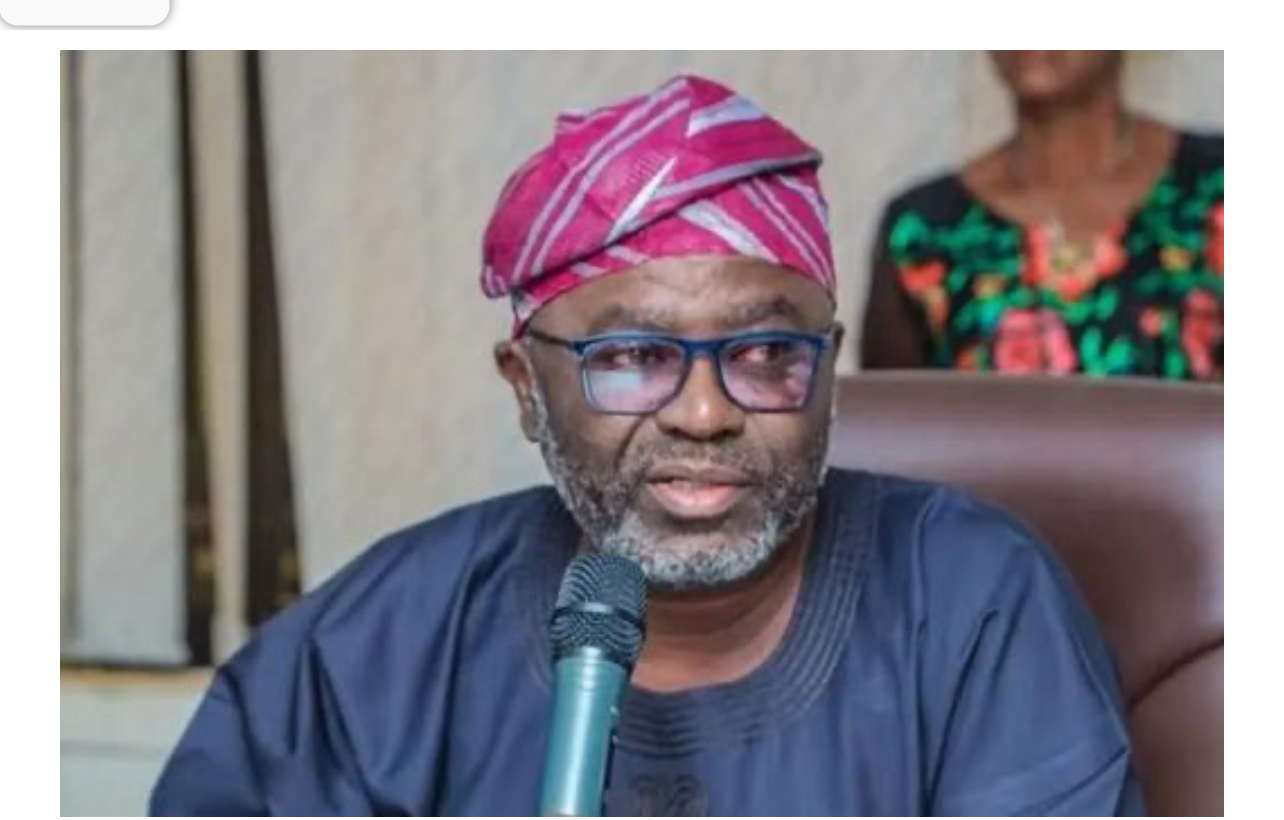
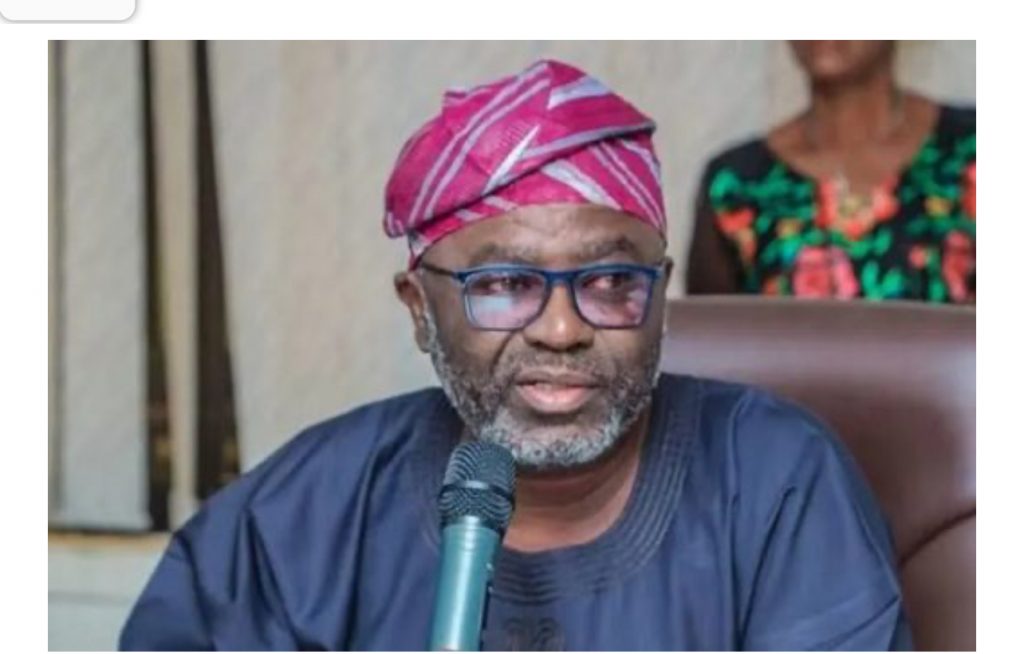
The Managing Director and Chief Executive Officer of the South-West Development Commission (SWDC), Dr. Charles Akinola, has informed the commission is working on establishing a South-West Investment Fund to catalyse investment across the six states of the region.
Akinola said the proposed fund, which will be largely private sector-driven, is designed to attract capital for strategic regional projects and address the infrastructure needs of the South-West.
He stated on Thursday at the South-West Stakeholders’ Dialogue organised by Afenifere, the DAWN Commission, and the South-West Governors’ Forum, held in Akure, Ondo State, with the theme “Strengthening Democracy Through Dialogue: Assessing Progress, Charting the Future.”
“We are designing a best-in-class investment fund that can attract private capital to finance outstanding regional projects and meet the urgent infrastructure needs of the South-West,” Akinola said.
The SWDC boss explained that the commission is intensifying efforts to achieve greater regional connectivity and integrated development as part of a broader agenda to promote inclusive growth and shared prosperity across the region.
According to him, consultations have begun with development partners and private investors to design a framework for intra-regional transportation corridors, agricultural value chain enhancement, and technology-driven industrial clusters linking major cities and rural communities.
He noted that improving road networks, digital infrastructure, and economic linkages would facilitate trade and mobility while strengthening social cohesion and competitiveness across the South-West.
“The development commissions, like the SWDC, focus on regional projects that are often left unattended to. We’re looking at integrative initiatives such as regional connectivity by rail and highways.
“For instance, it took us about four hours to get from Ibadan to Akure, How do we get state governments, the federal government, and the private sector to collaborate on such critical infrastructure?” he asked.
Akinola stressed that the SWDC’s strategy aligns with President Bola Tinubu’s economic transformation agenda and the renewed commitment of South-West governors to a unified development blueprint.
He said improved connectivity will enable the region to leverage its human capital and economic potential to drive national growth, attract investment, and create jobs for millions of young people.
“We will be engaging in the coming weeks with a broad range of stakeholders – communities, governors, trade groups – to define a shared vision for the commission. This inclusiveness is critical to ensuring collective ownership and success,” he stated.
Akinola recalled that he previously chaired the expert group set up by South-West Governors between 2020 and 2021 to produce the technical report that laid the foundation for the establishment of the SWDC.
“We engaged governors across the states to identify priorities and shared perspectives on regional development. It’s an ongoing process. We cannot succeed without the active participation of the governors and the people,” he noted.
He reaffirmed the commission’s commitment to working closely with traditional rulers, trade groups, youth associations, and market women to drive a shared vision of prosperity for the region.
“We stand on a covenant with the people of the South-West that we will do our best. Together with our partners, the governors, Kabiyesis, trade groups, and communities, we will pursue a united vision to drive prosperity through the work of the South-West Development Commission,” Akinola declared.
-

 news5 years ago
news5 years agoUPDATE: #ENDSARS: CCTV footage of Lekki shootings intact – Says Sanwo – Olu
-

 lifestyle5 years ago
lifestyle5 years agoFormer Miss World: Mixed reactions trail Agbani Darego’s looks
-

 health5 years ago
health5 years agoChairman Agege LG, Ganiyu Egunjobi Receives Covid-19 Vaccines
-

 lifestyle4 years ago
lifestyle4 years agoObateru: Celebrating a Quintessential PR Man at 60
-

 health5 years ago
health5 years agoUPDATE : Nigeria Records 790 new cases of COVID-19
-

 health5 years ago
health5 years agoBREAKING: Nigeria confirms 663 new cases of COVID-19
-

 entertainment9 months ago
entertainment9 months agoAshny Set for Valentine Special and new Album ‘ Femme Fatale’
-

 news5 months ago
news5 months agoBREAKING: Tinubu swears in new NNPCL Board


